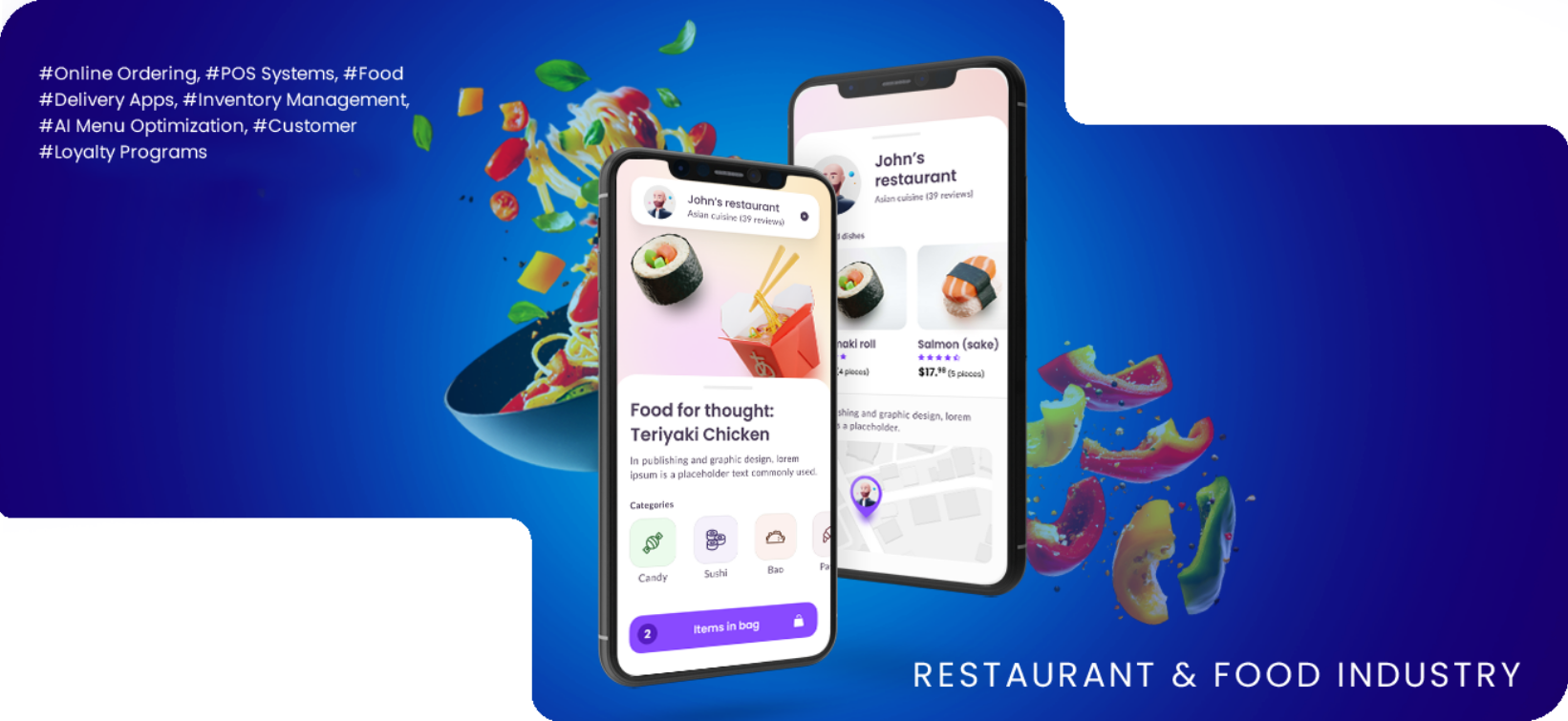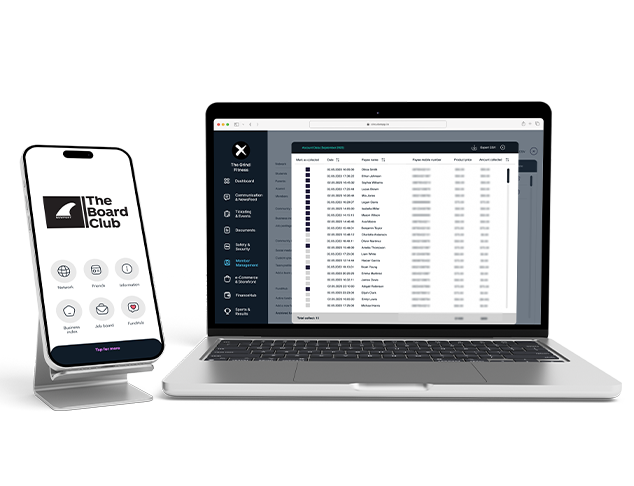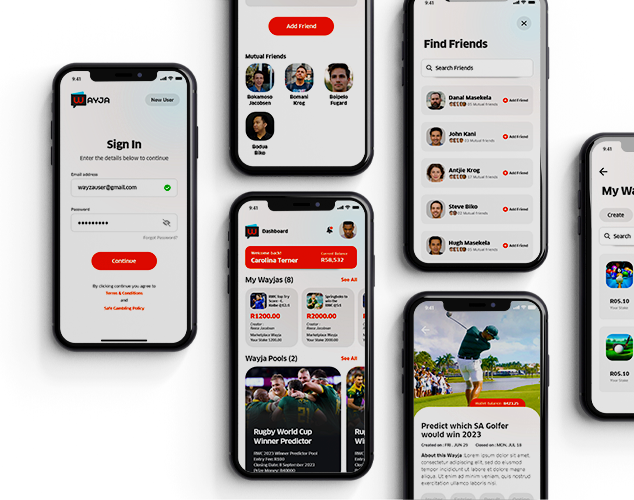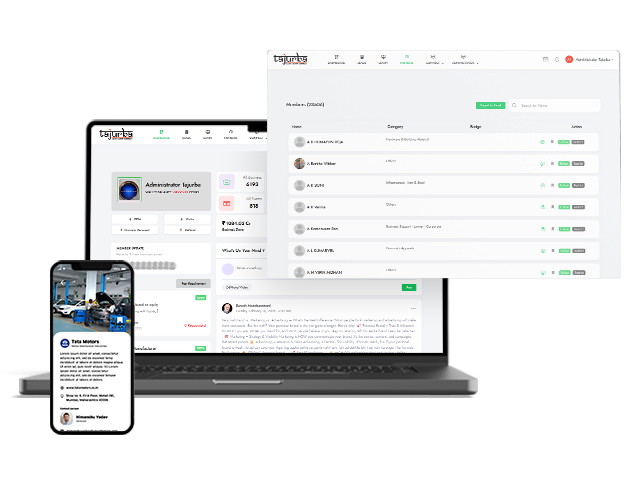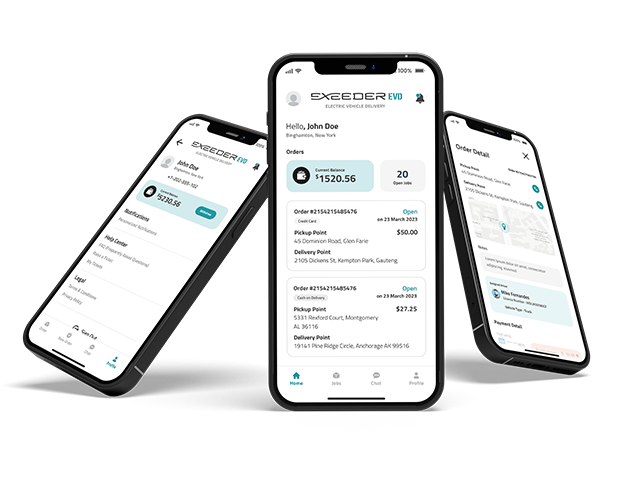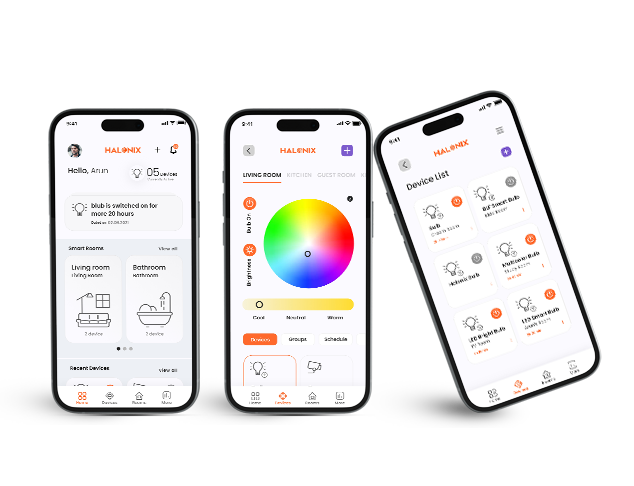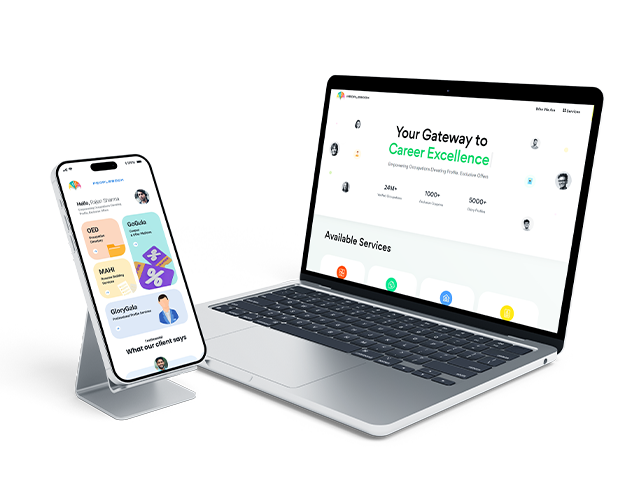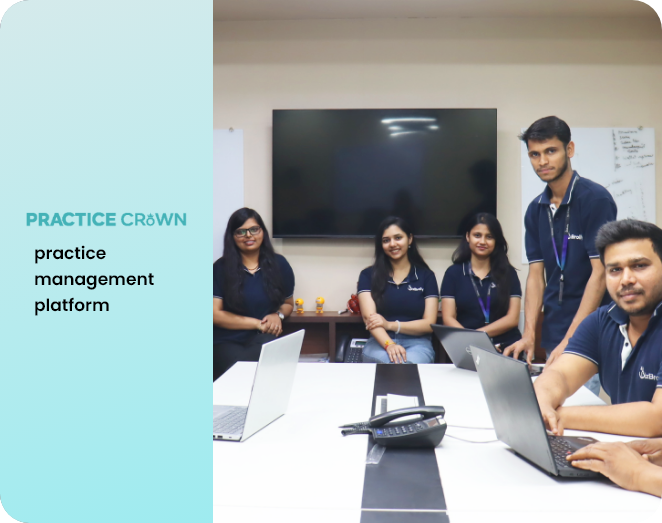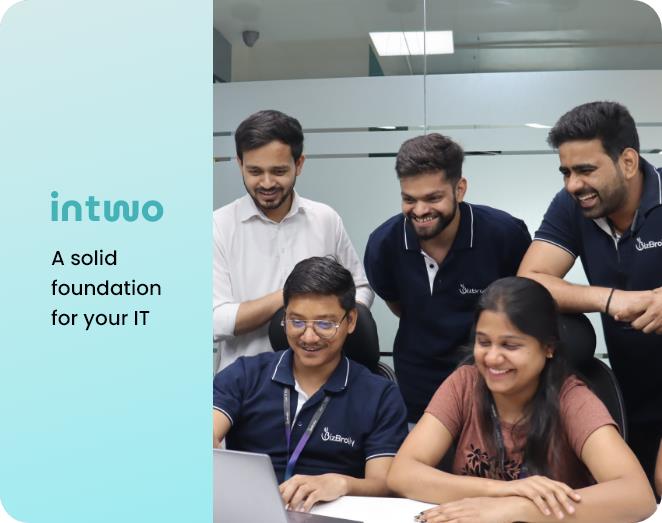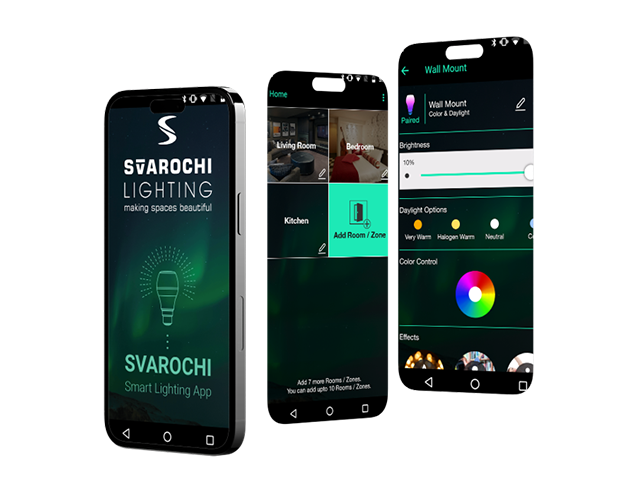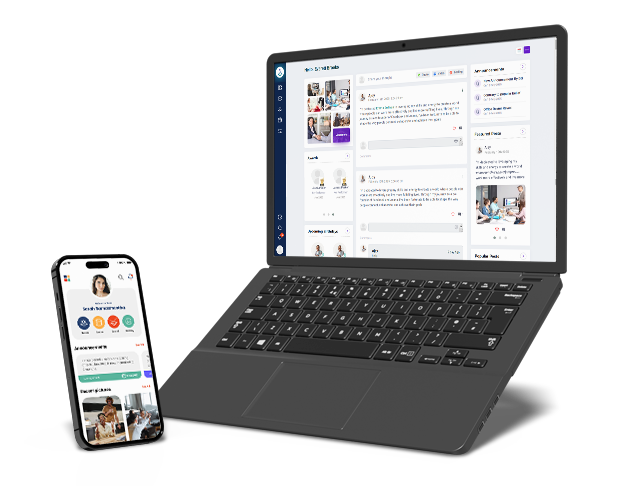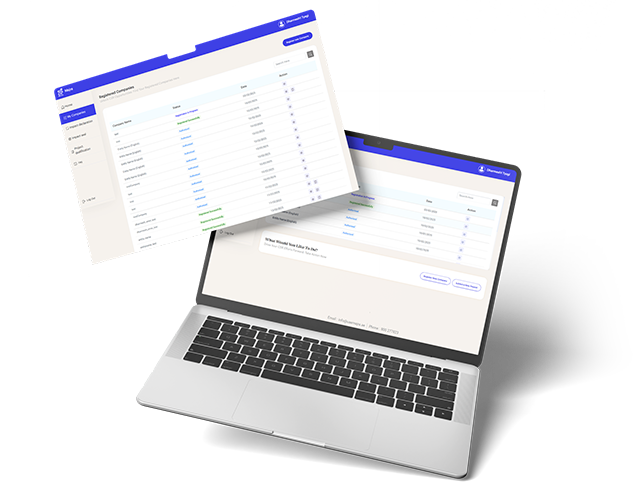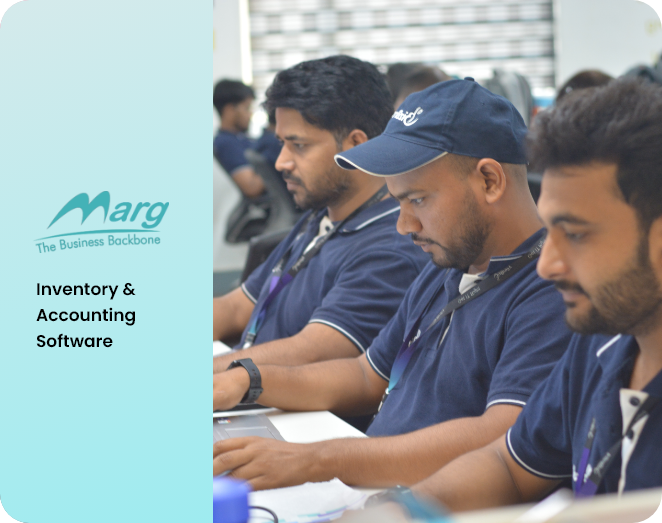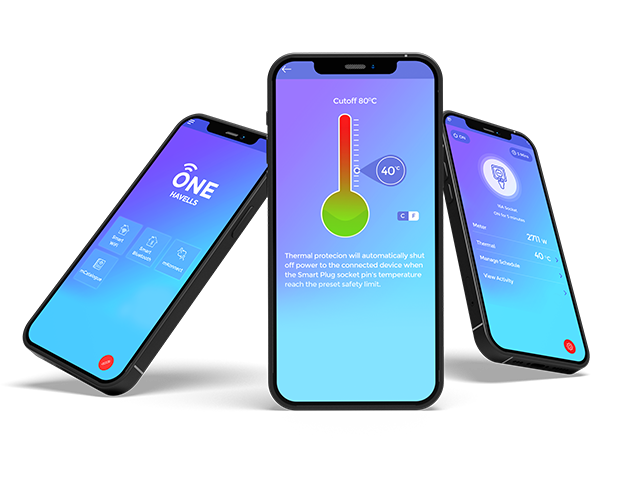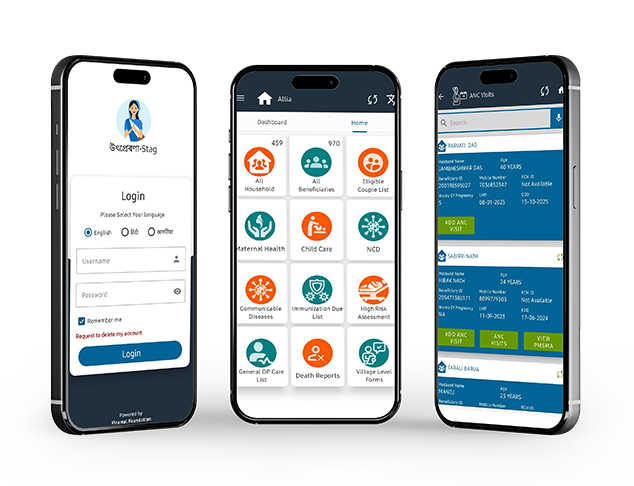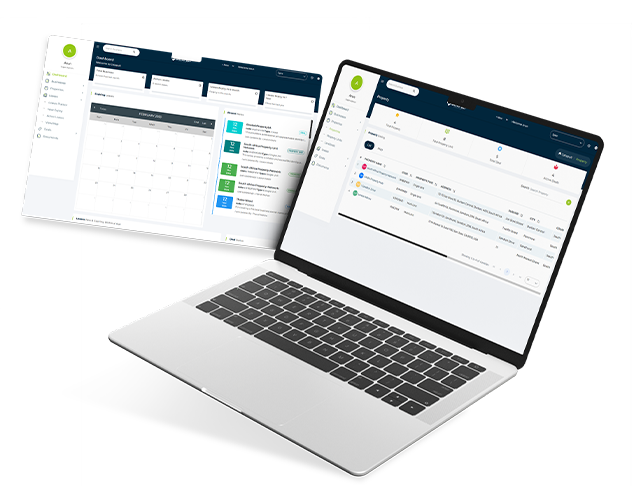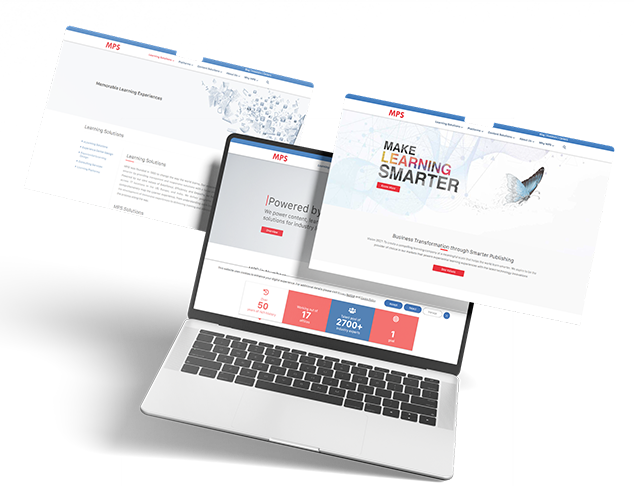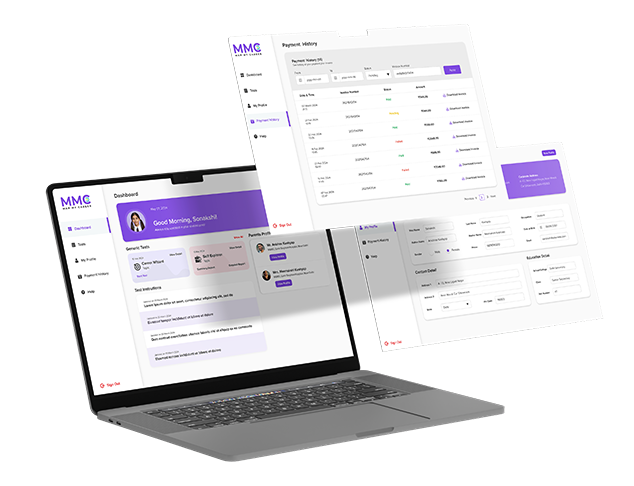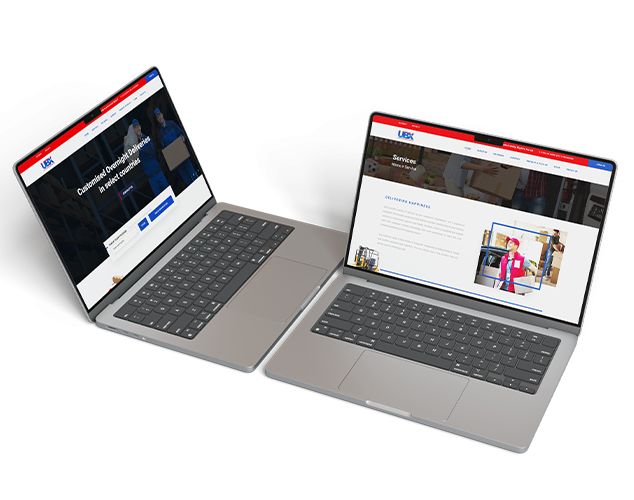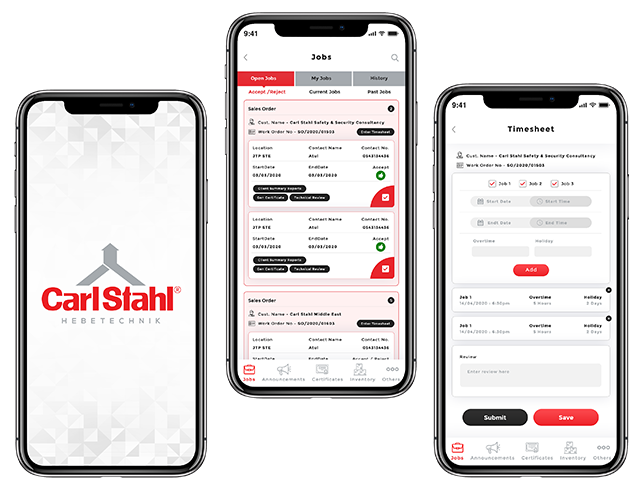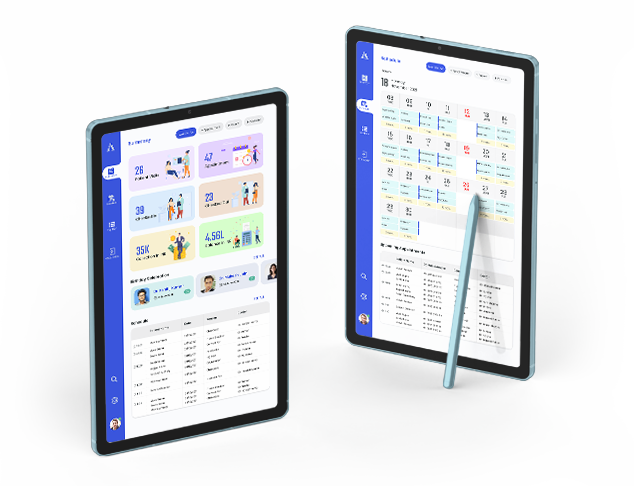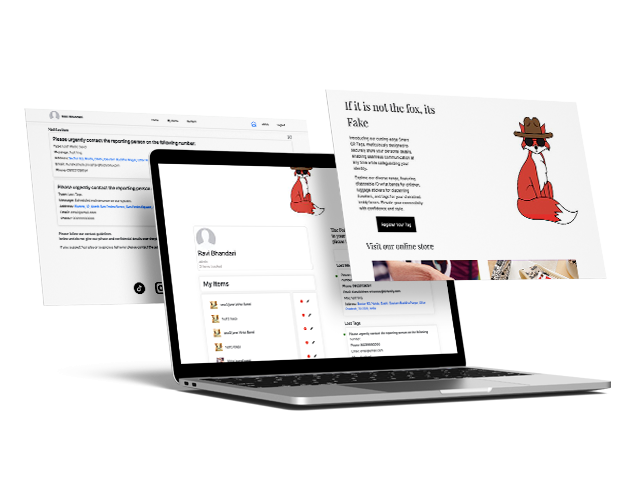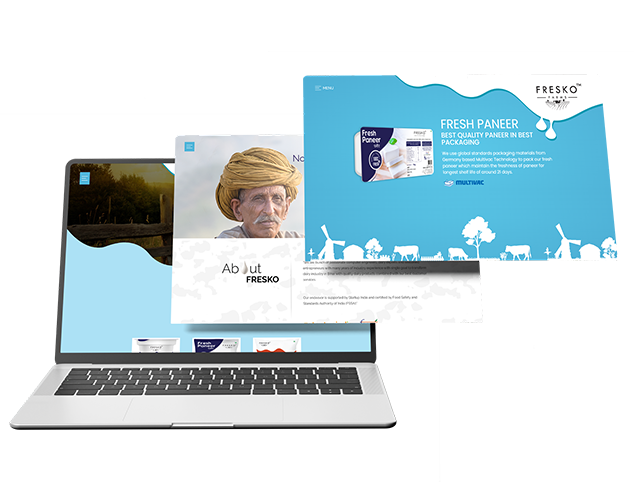Services We Offer
Feeding Growth Through Tech
Online Food Ordering App
Browse menu, customize orders, apply offers, and track delivery.
Cloud Kitchen Management
Run delivery-only kitchen operations with multi-brand support.
POS System Integration
Connect online orders with kitchen printers and POS devices.
Inventory & Stock Alerts
Track ingredients, expiry, reorders, and wastage in real-time.
Table Reservation Module
Book tables, manage waitlists, and send confirmation reminders.
Loyalty & Rewards Engine
Earn and redeem points for repeat customers via app or QR.
Kitchen Display System
Send live orders to kitchen screens with priority sorting.
QR Menu & Self Ordering
Scan, view digital menu, and place orders without staff.
Multi-Branch Admin Panel
Track sales, staff, and menu items across multiple outlets.
Customer Feedback System
Capture ratings and reviews post meal with automated triggers.
Delivery Agent Panel
Assign orders, track delivery time, and auto-suggest best routes.
Promotions & Campaigns
Create discounts, combos, flash sales, and push notification offers.
Consumer ordering apps with dynamic menus, cart logic, ratings, location-based delivery times, and payment.
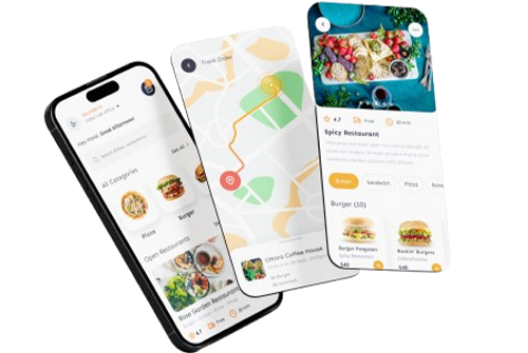
Restaurant dashboards with real-time KOT, kitchen screens, stock tracking, and delivery assignment flows.
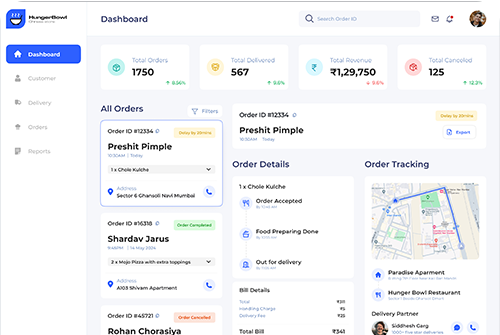
POS Integration
-
Sync orders across web/mobile with POS terminals (PetPooja, Posist, Oracle MICROS, etc).
Kitchen Display Systems
-
Real-time kitchen panels for chefs to view and manage order queues and timing.
Delivery Partner APIs
-
Integrate Swiggy, Zomato, Dunzo APIs for order sync and rider tracking.
Loyalty & Coupons
-
Custom campaigns with reward engines, referral codes, and happy hour automation.
Frontend Development
- React.js
- HTML5
- CSS3
- SASS / SCSS
- JavaScript (ES6+)
- TypeScript
- Tailwind CSS
- Bootstrap
- Material UI
- Ant Design
- Redux
- Zustand
- Recoil
- Framer Motion
- Three.js
- Stencil.js
- .NET Framework MVC
- .NET Core MVC
Backend Development
- .NET Core
- .NET Framework
- Node.js
- Express.js
- Django
- Flask
- FastAPI
- Tornado
- Spring Boot
- Micronaut
- Quarkus
- Golang
- Laravel
- CodeIgniter
- Symfony
- WordPress
- Magento
- Drupal
- WebSockets
- RabbitMQ
- Kafka
- AWS Lambda
- Azure Functions
- Google Cloud Functions
- Tomcat
- WildFly
- IIS
- BigCommerce
- Shopify
- WooCommerce
Mobile Frameworks
- Swift
- SwiftUI
- Objective-C
- Kotlin
- Java
- Jetpack Compose
- React Native
- Flutter
- Xamarin
- KMM (Kotlin Multiplatform Mobile)
- Capacitor.js
- Cordova
AI
- TensorFlow
- PyTorch
- Keras
- Scikit-learn
- OpenAI GPT (ChatGPT, Codex)
- Google BERT
- spaCy
- NLTK
- OpenCV
- YOLO (You Only Look Once)
- Detectron2
- Google AI & TensorFlow Extended (TFX)
- AWS SageMaker
- IBM Watson AI
- Azure Cognitive Services
- Rasa
- Dialogflow
- BotPress
- Microsoft Bot Framework
- Jupyter Notebook
- Google Colab
- Streamlit (for AI-driven web apps)
- FastAPI (for AI API deployment)
Data Science
- Pandas
- R
- SQL
- NumPy
- SciPy
- Apache Hadoop
- Apache Spark
- Dask
- Google BigQuery
- Matplotlib
- Seaborn
- Plotly
- Tableau
- Apache Airflow
- Prefect
- DBT (Data Build Tool)
- FastAPI
- Flask
- MLflow
- Streamlit
Business Intelligence
- Tableau
- Power BI
- Looker
- Google Data Studio
- Snowflake
- AWS Redshift
- Google BigQuery
- Apache Nifi
- SAP BusinessObjects
- IBM Cognos Analytics
- Zoho Analytics
- Mode Analytics
- GoodData
- Google AutoML
- DataRobot
- Alteryx
DevOps & Cloud Service
- AWS
- Azure
- Docker
- Kubernetes
- Git
- Jenkins
- Grafana
- Azure IoT Hub
- Azure Stream Analytics
- Azure Storage
- Power BI
- Amazon Web Services (AWS)
- Google Cloud Platform (GCP)
- Microsoft Azure
- IBM Cloud
- DigitalOcean
- Linode
- AWS ELB (Elastic Load Balancer)
- Cloudflare
- AWS Lambda
- Google Cloud Functions
- Azure Functions
CRM
- Dynamics 365 Sales
- Dynamics 365 Customer Engagement
- Dynamics 365 Customer Journeys
- Power Apps
- Power Automate
- Document Core Pack
- Dual Write Integration
- Dynamics 365 Finance & Operations
- XRM Toolbox
Domain Expertise. Delivered.
Solutions tailored to real business needs in this industry.
Partner with a trusted software engineering team that brings over a decade of cross-industry experience—combining domain understanding with full-cycle product development, AI-readiness, and scalable delivery models. Whether you are modernizing legacy systems or launching your next big idea, we build with speed, stability, and strategic insight.
-
Product Engineering That Understands Business
We don’t just write code—we align product decisions with your business model, goals, and go-to-market needs, delivering real-world value.
-
Full-Cycle Delivery, From Idea to Scale
From early discovery, prototyping, and MVPs to production-grade apps, DevOps, and managed support—we’ve got you covered end-to-end.
-
Agile Engagement Models
Work with us on fixed-scope projects, or extend your team with our on-demand, timezone-aligned developers and architects.
-
AI, IoT & Data-Ready Stack
We integrate emerging tech like AI/ML, IoT, and data analytics into practical business solutions—not just to innovate, but to deliver impact.
-
Clear Metrics, Transparent Progress
You’ll always know what’s being built, how it’s performing, and where it’s headed—with sprint demos, performance dashboards, and SLA-based reporting.
The cost of developing a food delivery app depends on features, platform (iOS, Android, or both), third-party integrations, and complexity. A basic app may cost around $30,000-$50,000, while an advanced solution with AI, real-time tracking, and analytics can range from $80,000-$150,000+. Get a custom quote based on your specific needs.
Yes, we provide complete source code ownership once the project is delivered. This ensures you have full control over future modifications, scalability, and updates without vendor dependency.
The timeline depends on the app’s complexity. A basic app may take 3-4 months, while a feature-rich, fully customized solution can take 6-12 months. We follow an agile approach to ensure timely delivery and seamless performance.
Look for a company with experience in food tech, proven case studies, and expertise in AI-driven recommendations, POS integrations, and real-time tracking. BizBrolly offers end-to-end restaurant and food delivery app development with innovative solutions tailored to your business needs.
A successful food delivery app should include real-time order tracking, AI-based recommendations, multiple payment options, restaurant listing, menu management, reviews & ratings, loyalty programs, and push notifications.
Yes, we seamlessly integrate popular payment gateways (PayPal, Stripe, Razorpay) and delivery tracking APIs (Google Maps, Mapbox) to ensure smooth transactions and real-time order monitoring.
Yes, we offer ongoing support, updates, bug fixes, and feature enhancements to keep your app competitive and optimized for user experience.
We design fully customized apps with branded themes, logos, color schemes, and UI/UX tailored to your restaurant or food business.
BizBrolly specializes in developing high-performance food delivery apps with AI-driven personalization, real-time tracking, seamless payment integrations, and advanced analytics, helping your business scale efficiently in the competitive food tech market.
